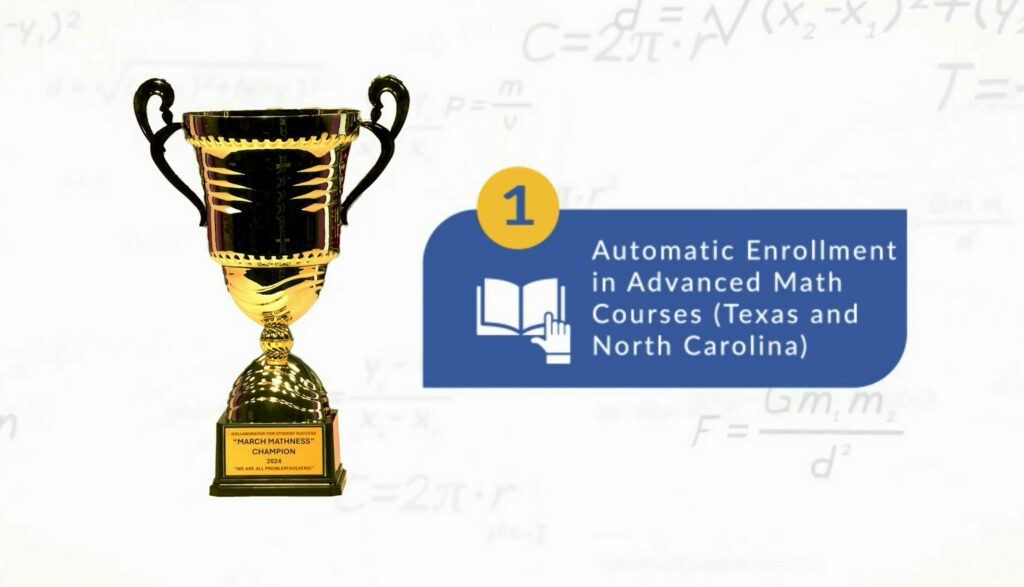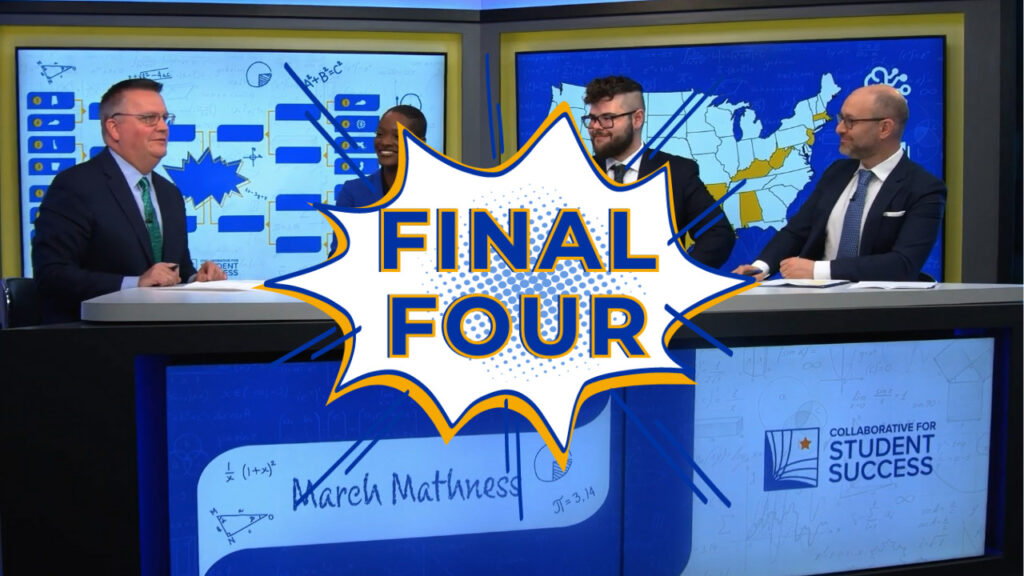Unpacking the Attendance Problem
I thought I understood the chronic absenteeism problem. Kids were disengaged during the pandemic and lost the habit of going to school regularly. Plus, the virus and flu were still circulating, which forced kids to stay home. That story is a generic one. The virus and flu should affect all kids equally, right?













